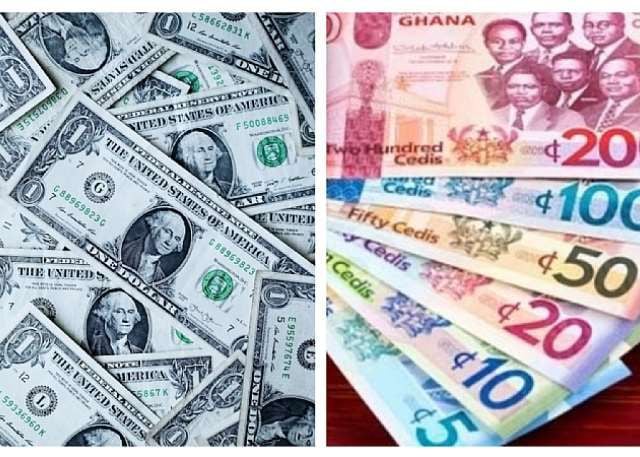The Ghanaian cedi experienced a marginal depreciation against the US dollar on July 16, 2025, reflecting the dynamic interplay of supply and demand forces in the foreign exchange market. This fluctuation, while slight, underscores the sensitivity of the cedi’s value to global economic conditions, local market dynamics, and speculative activities. According to Cedirates.com, a trusted platform for currency and fuel rate tracking in Ghana, the average buying rate for the US dollar stood at GHS10.42, while the selling rate reached GHS10.99. This discrepancy between buying and selling rates represents the profit margin for forex bureaus and reflects the inherent costs associated with currency exchange transactions. The data suggests a relatively stable exchange rate environment, with fluctuations contained within a manageable range. This stability is crucial for businesses engaged in international trade and for individuals relying on remittances from abroad.
A closer examination of the forex bureau market reveals a slightly wider spread between buying and selling rates. Bureaus quoted GHS11.60 for dollar purchases and GHS11.95 for dollar sales. This difference, larger than the interbank spread, can be attributed to the higher operational costs and risks associated with retail currency exchange. Forex bureaus cater to a broader customer base, often dealing with smaller transaction volumes and facing greater exposure to currency fluctuations. The higher rates they charge reflect these factors and provide a margin for profitability. Understanding the dynamics between interbank and bureau rates provides valuable insights into the overall functioning of the foreign exchange market.
The interbank market, where financial institutions trade currencies amongst themselves, painted a slightly different picture. The Bank of Ghana’s interbank rate for the US dollar was GHS10.39 for buying and GHS10.41 for selling. This narrower spread reflects the lower transaction costs and reduced risks associated with large-volume interbank trading. The interbank rate serves as a benchmark for the broader forex market, influencing the rates offered by bureaus and other financial institutions. The relatively small difference between the interbank and bureau rates indicates a reasonably efficient and competitive foreign exchange market in Ghana.
Turning to other major currencies, the British pound and the euro also saw slight fluctuations against the cedi. The average bureau rate for the pound was GHS13.84 for buying and GHS14.69 for selling, while the Bank of Ghana’s interbank rate stood at GHS13.94. Similarly, the euro traded at GHS12.04 for buying and GHS12.76 for selling at forex bureaus, with the interbank rate at GHS12.09. These figures demonstrate the interconnectedness of global currency markets, with the cedi’s value influenced by the performance of other major currencies. The data suggests a relatively stable exchange rate environment for these currencies as well, although the wider spreads in the bureau market persist.
The emergence of digital remittance platforms like LemFi and Afriex has introduced a new dimension to the foreign exchange landscape. These platforms offer competitive rates for remittances from the US and UK to Ghana, providing an alternative to traditional money transfer services. LemFi and Afriex quoted dollar rates of GHS10.35 and GHS10.36, respectively, for remittances. For the British pound, the rates were GHS13.92 and GHS13.99, respectively. Afriex quoted GHS12.11 for the euro, while LemFi offered GHS12.09. These competitive rates reflect the lower operational costs associated with digital platforms and the increasing competition in the remittance market. This competition benefits consumers by offering more choices and potentially lower transfer fees.
Finally, for digital subscriptions like Netflix, Spotify, and Apple Music paid via Visa and Mastercard, the exchange rate was GHS11.18 for both. This standardized rate likely reflects the agreements between these platforms and the card providers, simplifying the payment process for users. The slightly higher rate compared to the interbank market may be attributed to processing fees and other charges associated with international transactions. Overall, the data from July 16, 2025, presents a snapshot of a relatively stable and competitive foreign exchange market in Ghana, with various players offering a range of services and rates for different currencies and transaction types. The marginal depreciation of the cedi against the US dollar, coupled with the stable performance against other major currencies, suggests a balanced market influenced by both domestic and international factors.


